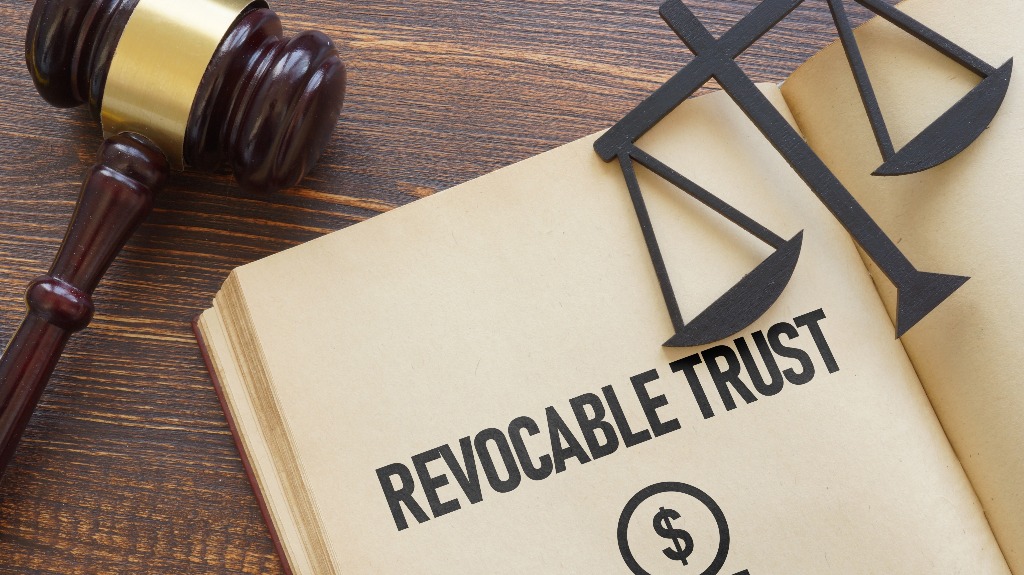
If you own a home, cabin, or other real estate in Wisconsin, you have probably thought about what will happen to it in the future. A revocable trust can provide some certainty in these situations. You can manage your property and ensure a smooth transition after you’re gone.
But this option is not for everyone. Should you use a revocable trust for your Wisconsin property? Here is what you need to know.
What Is a Revocable Trust?
A revocable trust allows you to protect your assets, such as your Wisconsin home, vacation cabin, or farmland. As the grantor, you control what goes into the trust and what happens to those assets.
Along with that, you can also serve as your own trustee. That means you stay in charge of your property, deciding whether to sell, refinance, rent, or enjoy living in it.
The “revocable” part means you can make changes at any time. You can add new property, change beneficiaries, or dissolve the trust.
When you pass away, the person you named as your successor trustee will take control. With that, they will transfer the property to your chosen beneficiaries without having to go through probate court.
What Are the Benefits of a Revocable Trust?
Many Wisconsin property owners choose a revocable trust as part of their estate planning due to the numerous benefits, such as:
Probate Avoidance
Wisconsin real estate in your trust can bypass probate. That means your home, cottage, or investment duplex can go directly to your heirs.
Privacy
Without a trust, the transfer of your property after death becomes a public record when it enters probate. With a trust, all those details stay private.
Multi-State Convenience
If you own property out of state, a revocable trust can help with that transfer process. Instead of requiring another court hearing, a trust can specify that the property goes to your beneficiaries.
Easier Transition if You’re Incapacitated
If you cannot manage your property because of illness or injury, your successor trustee can step in immediately. No court-appointed guardian is needed to pay the mortgage, arrange repairs, or handle a sale.
Flexibility While You Are Alive
You still have the freedom to sell your home, buy a new one, or take the property out of the trust. As long as you are mentally competent, you can make these decisions.
Are There Any Drawbacks?
Revocable trusts are not for everyone. There are some disadvantages that you might want to consider, such as:
No Tax Perks While Living
Unfortunately, a revocable trust will not lower your income or property taxes. For tax purposes, you are still the owner.
Upfront Cost and Effort
If you want to establish a trust, you will need to work with an attorney to set up the trust and then fund it. This means you will have to retitle your Wisconsin property into the trust’s name by recording a new deed.
Maintenance Required
If you buy new property later, you will need to remember to title it in the trust, or it could still end up in probate.
No Creditor Protection
Since you control the trust, creditors can still make claims against your property.
Is a Revocable Trust Right for You?

Now that you know the pros and cons, here are a few situations where you could benefit from a revocable trust:
- You own multiple Wisconsin properties, or property in more than one state.
- You want to avoid delays and probate publicity.
- You are concerned about property management if you become incapacitated.
- You want to make sure your family can take over your home, cabin, or rental without legal red tape.
If your property is jointly owned with rights of survivorship, or if your estate is small, you might consider a Transfer on Death (TOD) deed. With this, you can transfer real estate to a beneficiary without probate. However, keep in mind that it lacks the flexibility and management benefits of a trust.
Find the Right Solution for Your Wisconsin Property
Should you use a revocable trust for your Wisconsin property? This can help you keep your real estate out of probate, maintain privacy, and make life easier for your family when they inherit your home, vacation property, or land.
But the trust only works if it is properly set up and funded. Sometimes, you may want to look into other options. You will want to talk to a Wisconsin estate planning attorney.
At Collins Law Firm, we can help you find the right solution for your needs. We are here to answer all your estate planning questions. Schedule a consultation with us today.